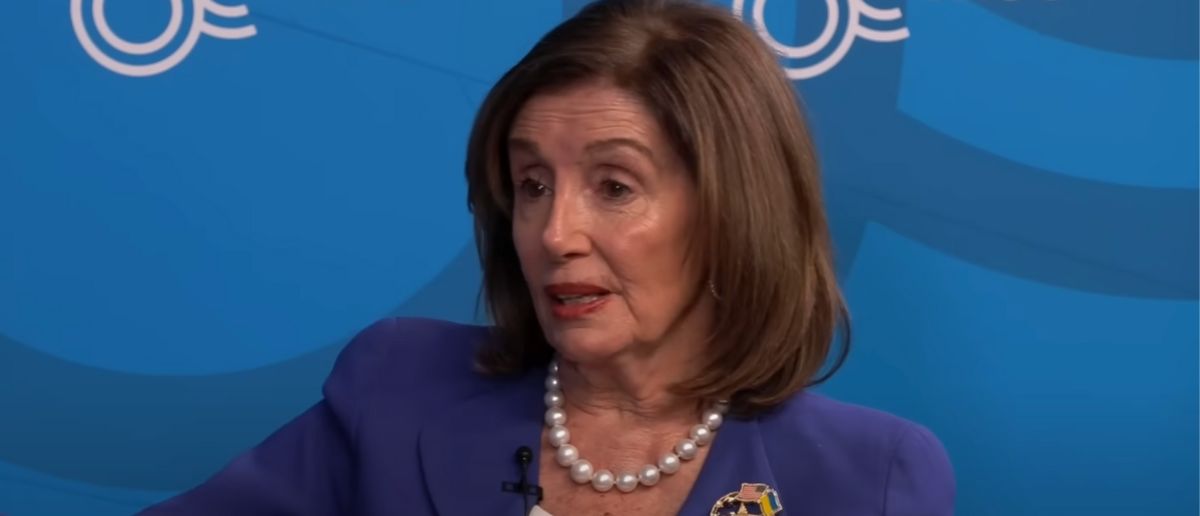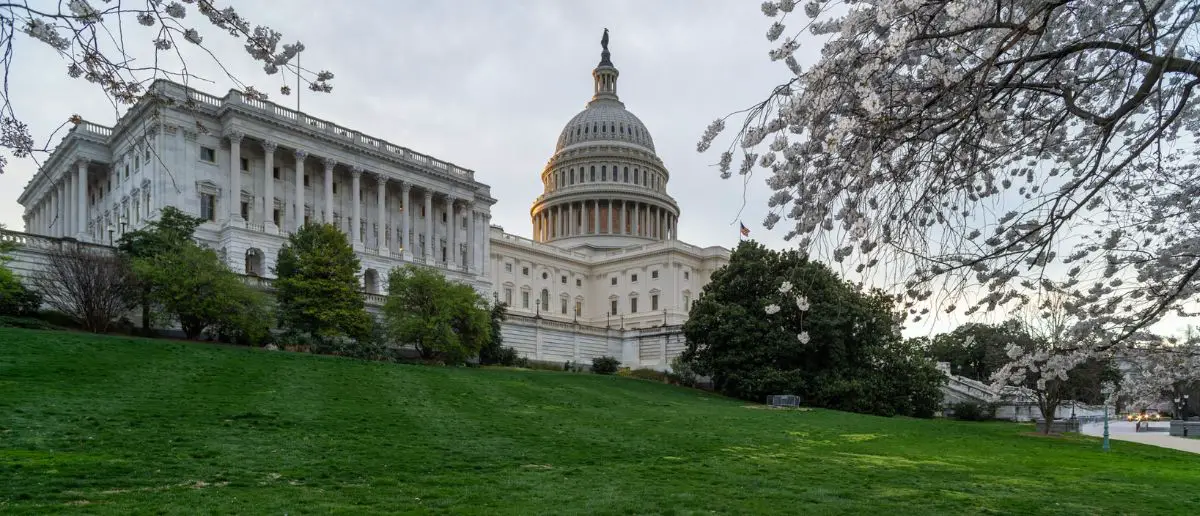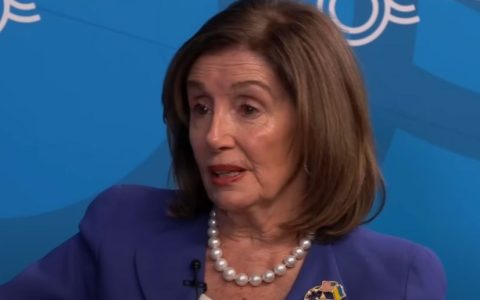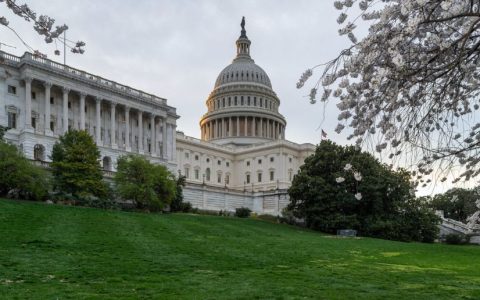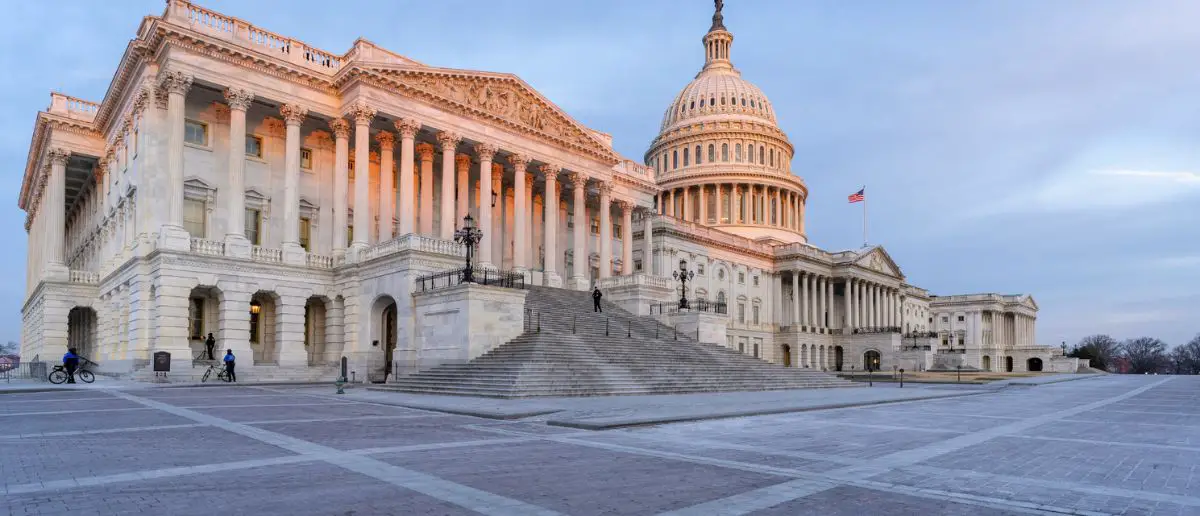
The U.S. government has a spending problem. And it looks like a lot of it isn’t legitimate.
Now major fraud has been uncovered in the federal government that could put people behind bars.
Exposing Massive Fraud in Pandemic Relief Programs
A scathing watchdog report released Wednesday revealed that federal agencies squandered nearly $80 billion in pandemic relief funds on applications linked to stolen or invalid Social Security numbers, exposing a glaring failure in oversight that fueled rampant fraud.
The Pandemic Response Accountability Committee (PRAC) slammed the lax controls in three major programs—Economic Injury Disaster Loans, the Paycheck Protection Program, and enhanced unemployment benefits—highlighting how basic verification could have prevented this colossal loss.
This revelation points to the urgent need for robust anti-fraud measures, aligning with President Donald Trump’s push to root out waste and restore accountability in government spending.
Billions Lost to Preventable Fraud
The PRAC report detailed that between 1.4 million and 1.5 million applications, representing potentially fraudulent payments, were approved despite using bogus Social Security numbers.
The watchdog emphasized that simple steps, like cross-checking applicants’ names, Social Security numbers, and birth dates against Social Security databases, could “readily” have halted the fraud.
“When program guardrails were removed during the pandemic, a substantial amount of funds were rapidly disbursed without proper identity verification,” the PRAC stated, adding, “Implementing pre-award verification helps streamline the vetting process before disbursal, preventing fraudulent payments from going out and ensuring that funds are disbursed with additional program integrity controls.”
The report estimated $55.8 billion in fraudulent Economic Injury Disaster Loans, $13.8 billion in the Paycheck Protection Program, and $9.8 billion in unemployment payments, with the total fraud likely higher due to incomplete data, such as missing birth dates in 87% of PPP cases sampled.
Lessons for Future Accountability
Five years after the COVID-19 pandemic triggered a historic $5 trillion bailout, the PRAC’s findings expose how the rush to distribute funds left programs vulnerable.
Analyzing a sample of 662,000 cases from 67.5 million funded applications, the watchdog identified 24,000 inconsistencies, primarily Social Security numbers not matching names, leading to the extrapolated $79 billion fraud estimate.
Additionally, nearly 12,000 applications used numbers of deceased individuals, though death dates were unavailable to confirm their status at application time.
The PRAC urged the government to establish a Social Security number verification system before the next crisis, stating, “The government needs to get a Social Security number verification system in place before the next major disaster or emergency.”
This report bolsters Trump’s agenda to combat fraud, ensuring taxpayer dollars are protected and reinforcing the need for stringent oversight to prevent future exploitation of emergency relief programs.

